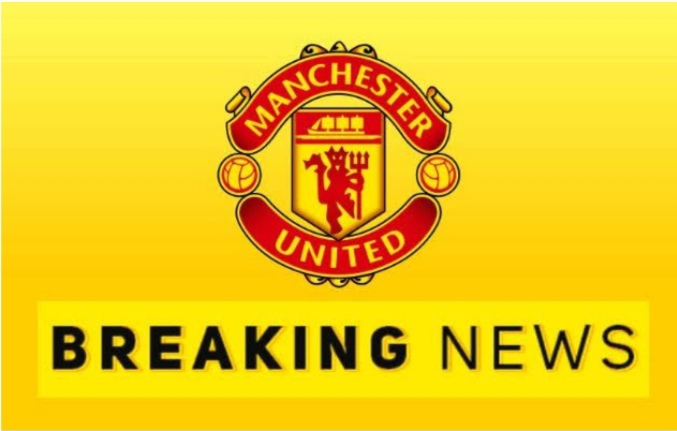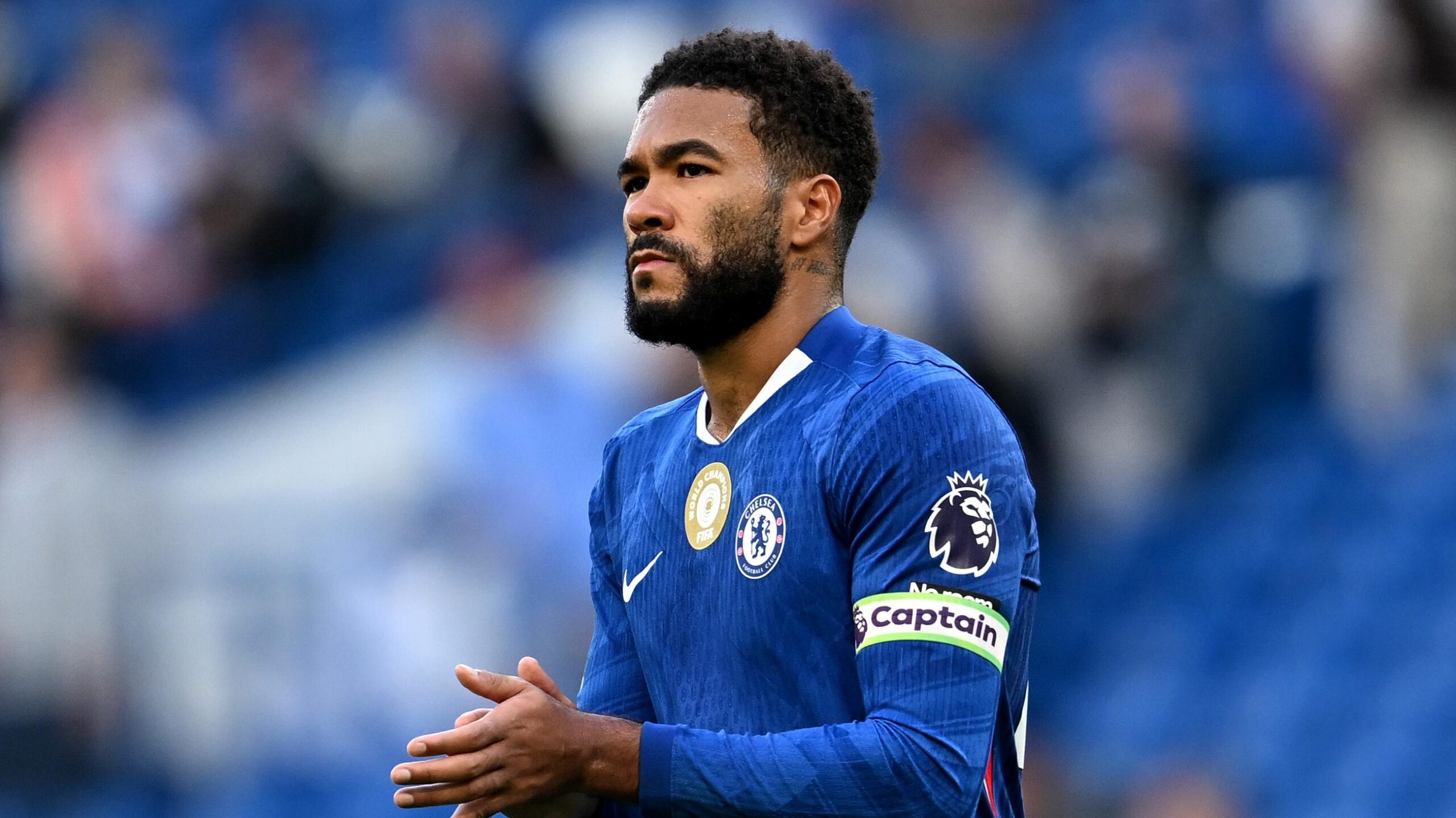Manchester United has recently faced another emotional chapter as Antony publicly shared his side of the story regarding his departure from the club. The Brazilian winger, known for his flair, pace, and technical ability, has revealed that leaving the club was not simply a matter of performance or tactical preference — it was deeply personal. His statements have left fans shocked, offering a rare glimpse into the struggles players face off the pitch and behind the scenes.
In a heartfelt interview, Antony admitted, “It’s so unbearable to say. This is exactly what they did to me and other players who just wanted to play for the badge.” His voice filled with emotion, and at points he broke down in tears, highlighting the intensity of the mental and emotional toll the situation had on him. Antony’s words underscore a painful reality: professional football isn’t just about skill or statistics; it’s also about the treatment, trust, and respect players receive from their club.
The winger’s departure from Manchester United has now become symbolic of a larger issue within elite football: how clubs manage talent, expectations, and the human side of the game. Antony’s statement makes it clear that he felt marginalized and undervalued despite his dedication to the club. For a player, representing a club is more than a job — it’s a dream, a privilege, and an identity. Feeling that dream has been broken can be devastating, and Antony’s emotional outpouring reflects that reality.
Antony has always expressed a deep love for the Manchester United badge. He joined the club with the hope of making a significant impact, playing for the fans, and contributing to the team’s success on the pitch. However, according to his own account, the environment he encountered was far from supportive. The lack of opportunity, respect, and acknowledgment left him feeling disheartened and ultimately pushed him to the decision to leave. This situation paints a sobering picture of how even talented, committed players can be driven away if the internal culture does not prioritize their well-being or growth.
The winger’s experience also highlights the psychological pressures that players face in elite clubs. Professional footballers are constantly under scrutiny from fans, media, and coaching staff. Performance alone is rarely the only measure; politics, management decisions, and internal hierarchies often play significant roles in determining a player’s position and future. Antony’s emotional breakdown indicates the strain of trying to perform while navigating an environment where he felt marginalized and unsupported.
For fans, Antony’s revelations are both shocking and enlightening. It’s one thing to watch a player leave a club, but it’s another to hear the human side of the story — the disappointment, the emotional pain, and the sense of betrayal. Antony’s honesty provides insight into what some players endure behind closed doors, revealing that the footballing world is not always as glamorous or fair as it appears. The statement that other players experienced similar treatment further emphasizes that this may not have been an isolated incident, pointing to deeper cultural or managerial issues within the club.
Antony’s words also suggest that reconciliation with Manchester United is unlikely. The public nature of his emotional disclosure, combined with the seriousness of his allegations, indicates that his exit was not simply a temporary disagreement but a fundamental breakdown in trust and communication. Fans may be saddened that a talented player is leaving, but Antony has made it clear that the decision is final. His loyalty to his principles — his desire to play for the badge and be treated with respect — has outweighed the desire to remain at the club.
From a broader perspective, Antony’s story serves as a cautionary tale about player management and club culture. Successful teams are not built solely on talent; they are also built on trust, respect, and the proper handling of personalities. When players feel undervalued or unfairly treated, it can lead to departures that affect the squad’s overall quality, morale, and public perception. For Manchester United, Antony’s case may prompt reflection on how players are supported, integrated, and managed, particularly young talents who come with high expectations.
On the pitch, Antony’s absence will be felt. His creativity, pace, and technical ability provided Manchester United with attacking options and unpredictability. Replacing such a player is never simple, as talent, experience, and understanding of the team’s system take time to replicate. However, the club’s decision-making ultimately reflects its priorities — and Antony’s decision to leave highlights the consequences when players feel that their ambitions and loyalty are not reciprocated.
In conclusion, Antony’s emotional revelation provides a rare and important insight into the human side of professional football. His tears and heartfelt words show that even at elite clubs, players face challenges beyond just competition and tactics. Antony felt marginalized, undervalued, and disillusioned, leading to a departure that was both shocking and understandable. While fans may lament his exit, his honesty sheds light on the internal struggles players face and underscores the importance of respect, opportunity, and fair treatment in maintaining a successful squad.








